2024-2025 Elizabeth D. Rockwell Center on Ethics and Leadership Faculty Fellows
The 2024-25 Elizabeth D. Rockwell Center Faculty Research Award winners vary in focus from federal agency oversight, leadership decision-making, educational professional development and disability language perceptions to artificial intelligence, visibility in research, epistemic justification and genocide during World War II.
University professors outside of the Hobby School are eligible to apply for funding to work on publishable research projects that contribute to the understanding of ethics or leadership. The Elizabeth D. Rockwell Center sponsors lectures, visiting professorships, conferences and other programs that promote the study of ethics and leadership, especially those dedicated to exploring their place in public policy, law, education, business and applied science.
2024-25 Elizabeth D. Rockwell Center Faculty Research Award Winners:
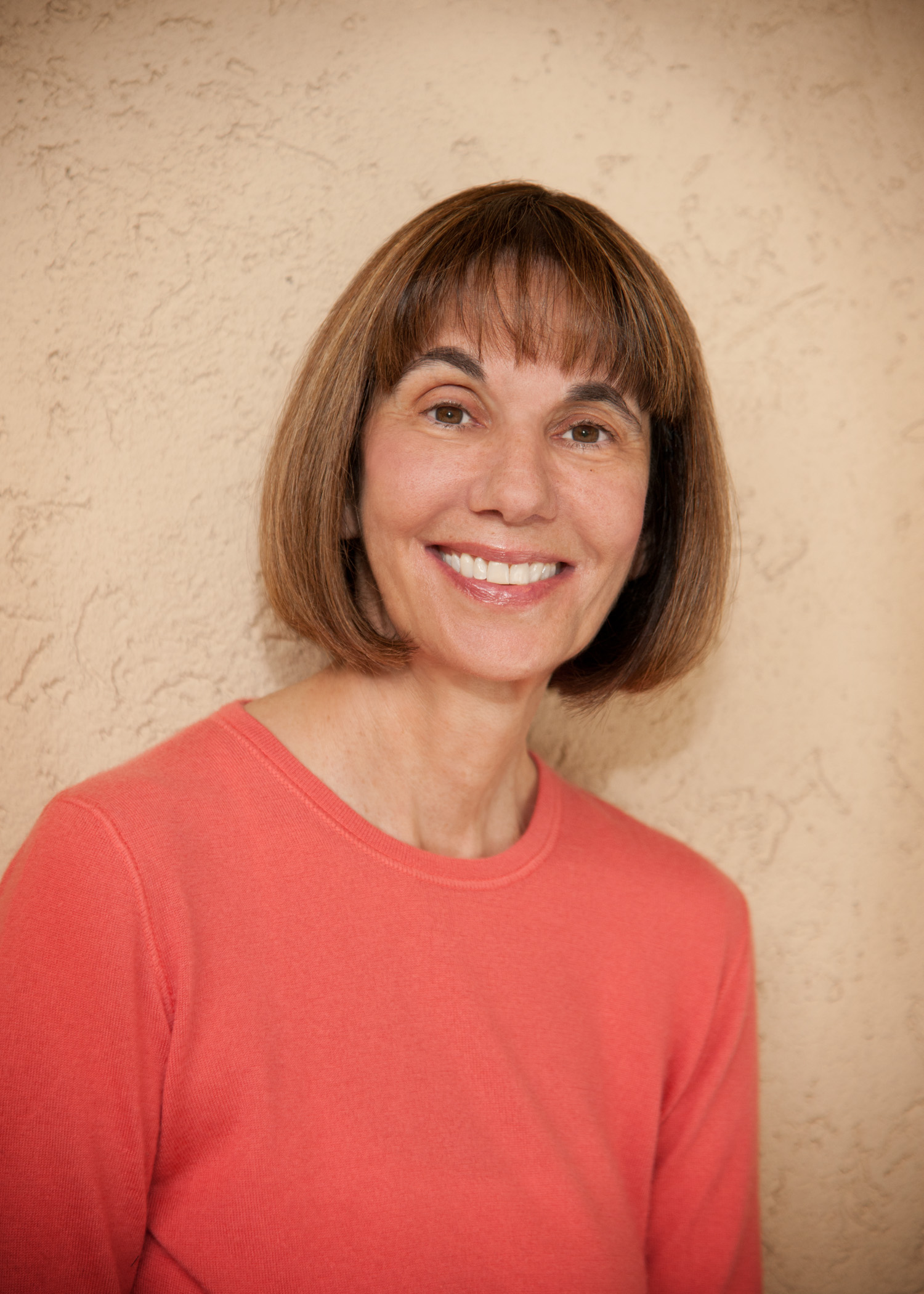 Michelle Belco, Honors College
Michelle Belco, Honors College
Michelle Belco is an attorney and lecturer in the Honors College. Her book project looks at the rise of the Minority Business Development Agency by presidential design from its inception under former U.S. President Richard Nixon as the Office of Minority Business Enterprise to the threat of legal challenges to its constitutionality.
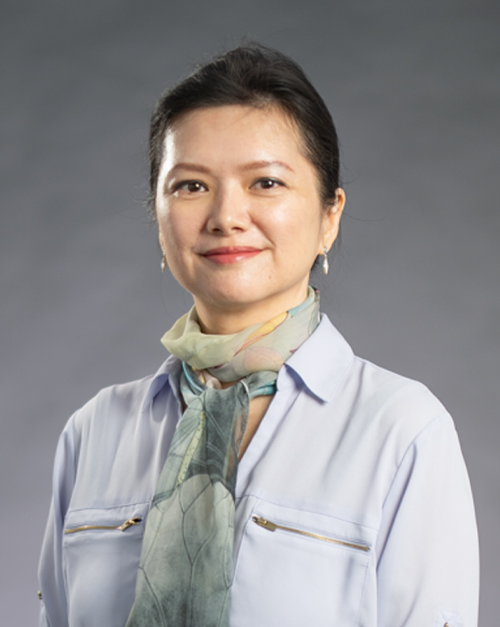 Sana (Chih-chi) Chiu, C.T. Bauer College of Business
Sana (Chih-chi) Chiu, C.T. Bauer College of Business
Sana Chiu is an assistant professor in the Department of Management and Leadership. Chiu aims to enhance the understanding of the influence of strategic leaders' virtues and character, such as conscientiousness, integrity, zeal, courage and empathy, on their decision-making and the resulting organizational outcomes.
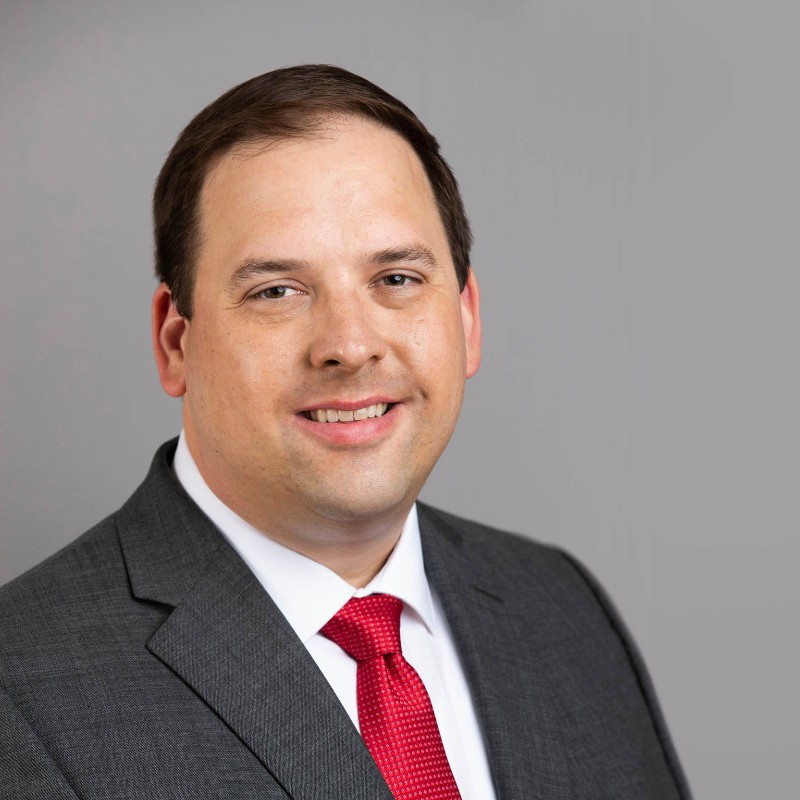 Bradley Davis, College of Education
Bradley Davis, College of Education
Bradley Davis is an associate professor in the Department of Educational Leadership and Policy Studies. Davis will investigate leaders' rapidly evolving roles and responsibilities among increasing levels of misinformation, disinformation and malinformation.
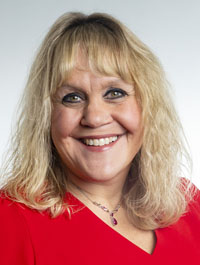 Heather Dulas, College of Education
Heather Dulas, College of Education
Heather Dulas is an assistant professor in the Department of Educational Leadership and Policy Studies. Dulas’ research will examine the descriptive language preferences and perspectives of adults with disabilities and their perceptions of disability identity.
 Alin Fumurescu, College of Liberal Arts and Social Sciences
Alin Fumurescu, College of Liberal Arts and Social Sciences
Alin Fumurescu is an associate professor in the Department of Political Science. He is working on an edited volume to be published by Cambridge University Press aimed at coalescing scholars researching the history of political thought with a fresh perspective on the challenges raised by artificial intelligence and new media.
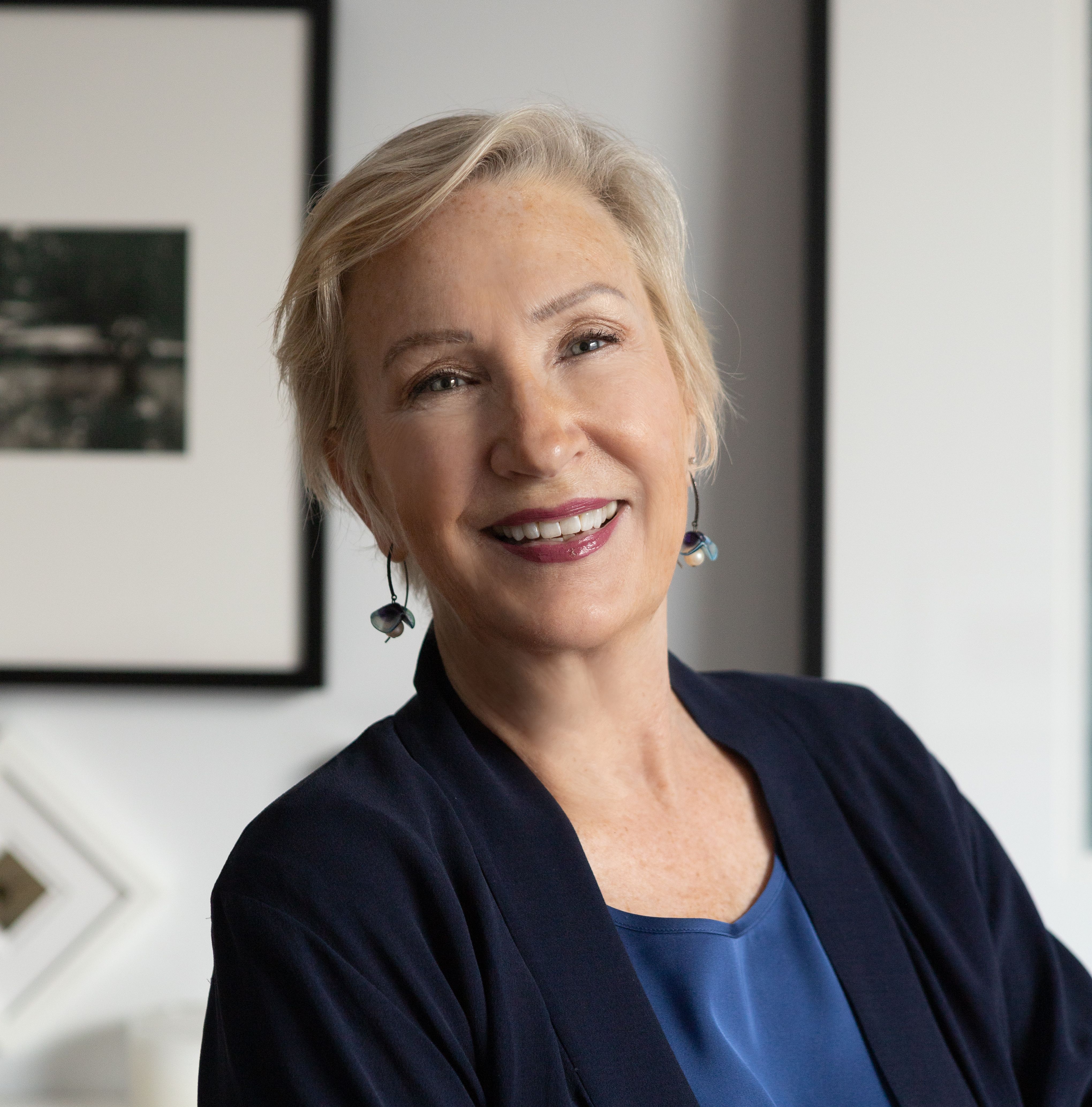 Tracy Xavia Karner, College of Liberal Arts and Social Sciences
Tracy Xavia Karner, College of Liberal Arts and Social Sciences
Tracy Xavia Karner is the chair of the sociology department and an associate professor at the college. Her work explores the ethics of conducting visual and social research and how institutional review board regulations may influence visibility, with a specific interest in the issues visual researchers face when photographing in the field.
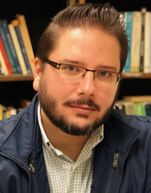 Luis Oliveira, College of Liberal Arts and Social Sciences
Luis Oliveira, College of Liberal Arts and Social Sciences
Luis Oliveira is an associate professor in the Department of Philosophy. His current monograph project, “Justification, Normativity and Consent,” addresses the history of philosophical work on ‘epistemic justification’ and practices of tracking, ascribing, and enforcing judgments of ‘epistemic responsibility.’
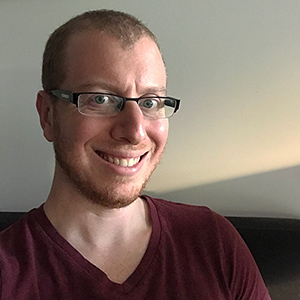 Joshua Unikel, Kathrine G. McGovern College of the Arts
Joshua Unikel, Kathrine G. McGovern College of the Arts
Joshua Unikel is an assistant professor of graphic design. His book and print series, “Wreckage,” explores the history and erasure of the Jewish community on Crete during World War II. His visual treatment raises ethical questions about the representation of genocide, moral issues around lapses in cultural memory and various implications of erased multiculturalism.
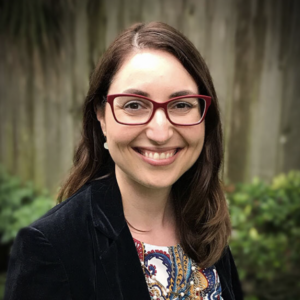 Leandra Zarnow, College of Liberal Arts and Social Sciences
Leandra Zarnow, College of Liberal Arts and Social Sciences
Leandra Zarnow is an associate professor in the Department of History and college director of undergraduate studies. Her study, “The Heterodites: Six Women and the Secret Society that Shaped American Feminism,” weaves together the stories of individual members of an invite-only secret supper club that served as a leading incubator for modern American feminism.